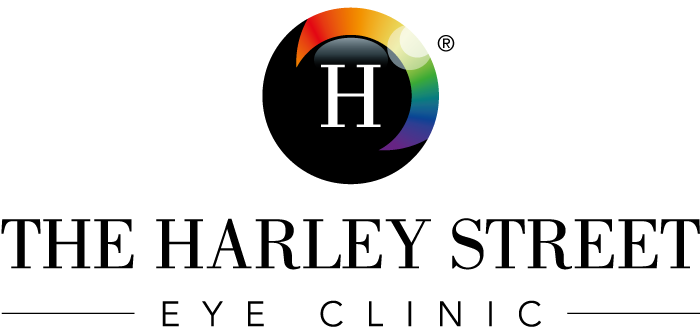Early treatment to repair a macular hole
The macula is the part of your eye that allows you to see colours and fine detail. Its job is to convert light from the lens into signals the brain can read as an image. It also provides your central sight and the vision you need for reading.
A macular hole occurs in the most fragile part of your retina, the fovea. It normally happens spontaneously, with no known cause. However, it is more common in the over 50s and affects more women than men. Macular holes can cause a gradual loss of the vision you are used to. Your peripheral vision will not change, but you may develop slightly blurry or misty sight. As the hole gets bigger, your sight will become significantly worse and if it is not dealt with, you could lose your sight altogether.
Sutureless-vitrectomy
We follow a procedure called vitrectomy to repair macular holes. You will have a local anaesthetic so you will not feel a thing. Then, you will be given eye drops to widen the pupil and relax the muscles. Your surgeon will use precision tools to make a tiny incision in the vitreous gel – that is the clear jelly between the lens and the retina. It will then be removed using suction, but do not worry; your anaesthetic means you will not feel a thing. A laser will then flatten any areas where the retina has become detached, fix any holes and remove any extra tissue from the retina. When all repairs have been made, your surgeon will inject silicone oil or gas to replace the vitreous gel. This is to make sure the eye pressure stays normal. The surgery will take 45 minutes. You will almost always be able to leave the same day, once the anaesthetic has worn off (and you feel ready).
What happens once I get home?
Before you leave, we will explain exactly what you need to do at home. You will have follow-up appointments for between six months and a year, to monitor progress. So your eyes are always in safe hands.
- Take it easy – You will need to relax and take lots of care of your eyes after surgery. We will provide eye drops and detailed care instructions.
- Avoid irritations – We advise you to avoid doing anything that can irritate your eye; rubbing or itching will slow its recovery. We may also give you a special shield for added protection.
- Posturing position – in a face down position for two days. It might not be the most comfortable way to sleep, but it improves your chances of a speedy recovery.
If you see something that looks like an air bubble in your line of sight, do not worry. Even if it distorts your vision, it is not a problem. It is just the oil or gas in the eye that is there to make sure your eye heals properly. However, if you are worried or distressed then do not hesitate to contact us.
Find out moreIf you have any queries or would like to book an appointment, please call0207 060 0086
Any queries?See our Frequently Asked Questions pageFAQs
